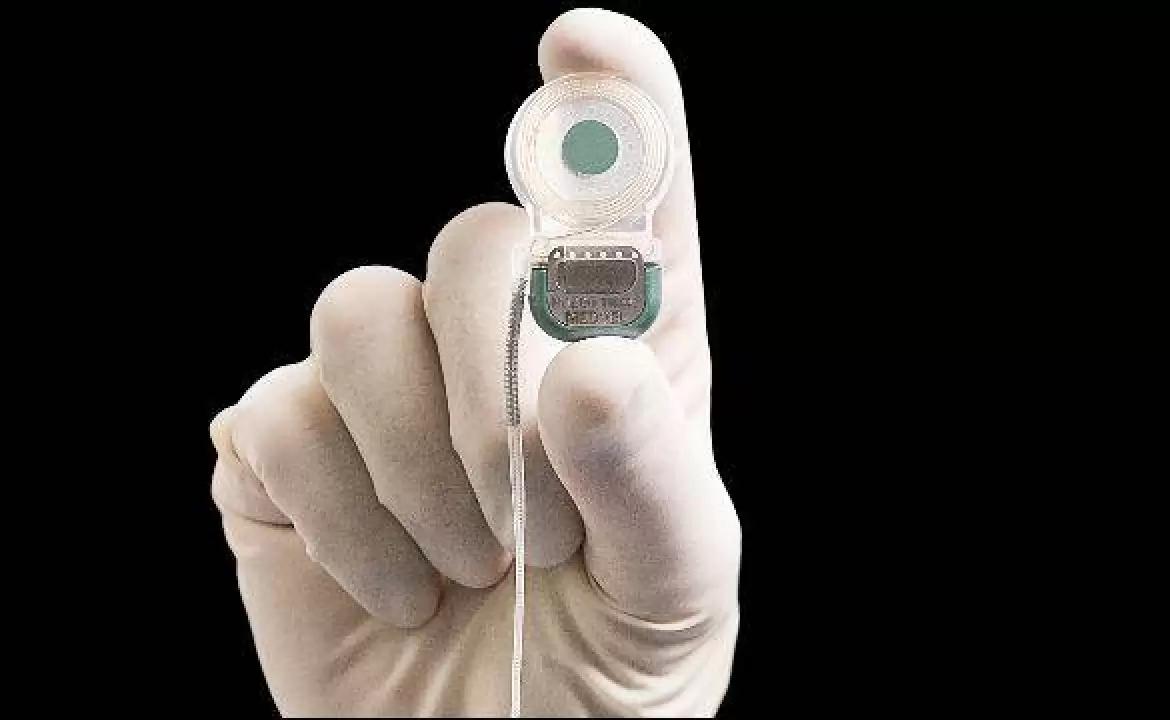For Parents
Trust in a hearing implant system and its manufacturer is one of the most important factors for parents of children with hearing loss. Made with quality, to be an every-day solution to fit your child's unique hearing needs, MED-EL hearing implants offer the best hearing performance for your child's active future.
MED-EL's commitment to children with hearing loss extends well beyond implantation. Offering the widest range of rehabilitation materials, speech therapists, rehabilitation professionals to help your child make the most out of his/her hearing implant.

Child's Cochlear Implant
A cochlear implant is a technical "tool" for your child’s hearing. Success with this tool depends on many factors. Age of implantation is only one factor influencing the benefit your child will receive from a cochlear implant. A rich communication environment, effective audio processor programming, motivation, rehabilitation and realistic expectations are also important factors contributing to a child’s overall success. Below are some suggestions to help you and your child get the most from a cochlear implant.
It is crucial to speak to your child like you would with a child with normal hearing, even though he or she may not fully understand what you are saying. Talking to your child is the best way to encourage the development of spoken language. Facial expression and body language emphasise the meaning of words and will help your child understand you better. Structured auditory therapy complements what you teach your child at home. For very young children, auditory therapy may initially involve parent-directed therapy activities to help your child detect and recognise sounds in the therapeutic setting. With experience, your child will quickly learn to apply these new listening skills in the real world, outside the therapeutic setting.
Research has shown that wearing an audio processor for longer periods of time throughout the day positively affects children’s performance with their implant. Children with a cochlear implant can often acquire language skills and auditory skills incidentally, the same way that typically-developing children learn. This means that even when you or your child’s teachers are not there explaining things or working on learning, the child learns just by listening and playing. Therefore, maximal use of the cochlear implant leads to better results. On the other hand, after extended periods of time not wearing the audio processor, your child’s brain must take time to readjust to incoming sounds from the cochlear implant. This can delay your child’s hearing development. Consistent use, all day every day, makes a difference.
Learning language is just one goal of cochlear implantation. Additional goals include making your child’s speech intelligible for people who are unfamiliar with your child. A well programmed audio processor that is worn during all waking hours, along with appropriate rehabilitation, will help your child to achieve this goal.
Your expectations play an important part in your child’s success with the CI. Children implanted very young typically make early and steady progress, especially with effective therapy and support. In most cases, it is realistic to expect your child to eventually understand spoken language and to develop speech skills, assuming that no other learning issues exist.
Most cochlear implant users are also able to use telephones, some learn second languages, and many enjoy music – auditory tasks that are considered highly complex. It is important for you to help your child to reach his or her full potential. Because every child is different, your child’s ultimate level of success will depend on a number of factors which cannot be predicted before implantation. For this reason, it is important that expectations are realistic. Your audiologist and speech-language professional are there to help you decide on realistic goals for each developmental stage your child may be going through.
MED-EL is committed to supporting children with hearing loss and their parents with a wide variety of information and materials. These materials are specifically developed for the needs of children of different age groups. Many of these materials are appropriate for children with hearing aids as well as for children with cochlear implants.


